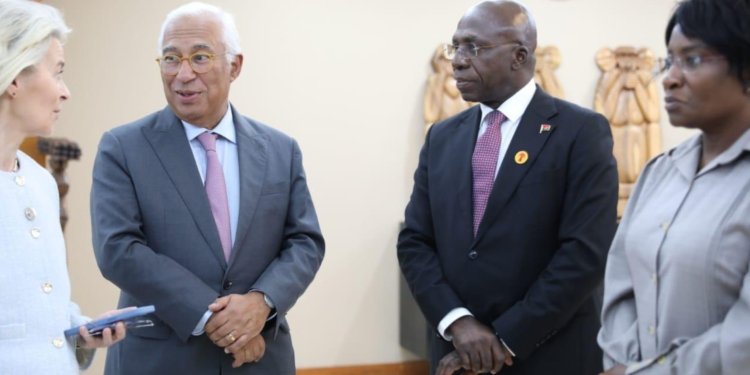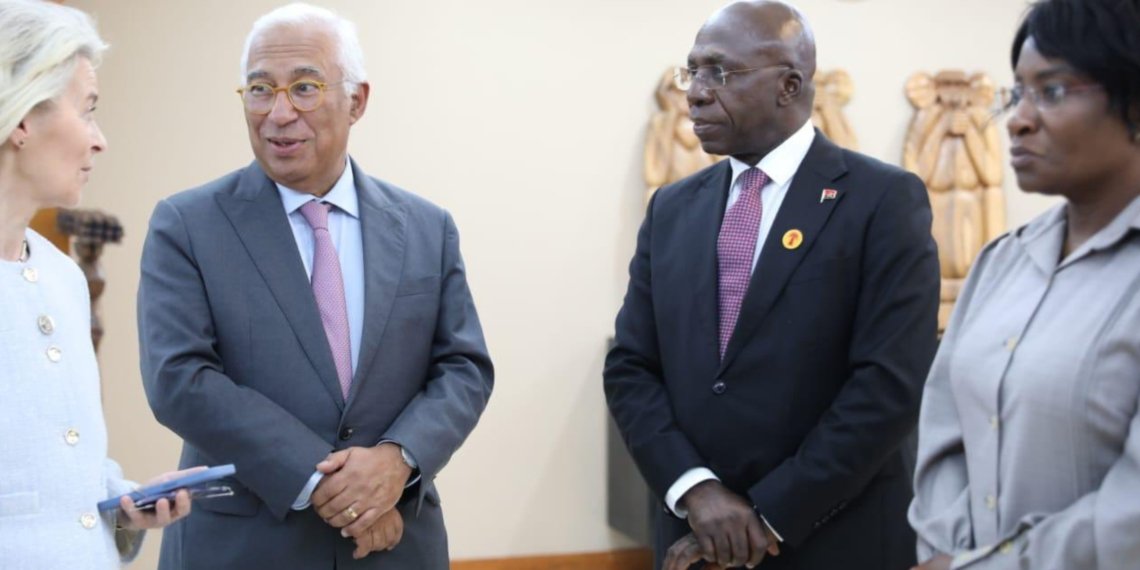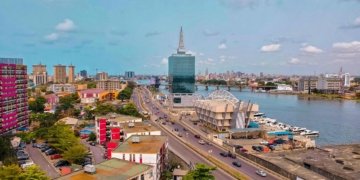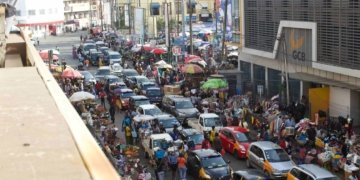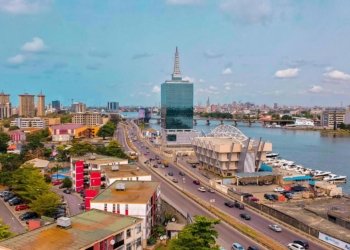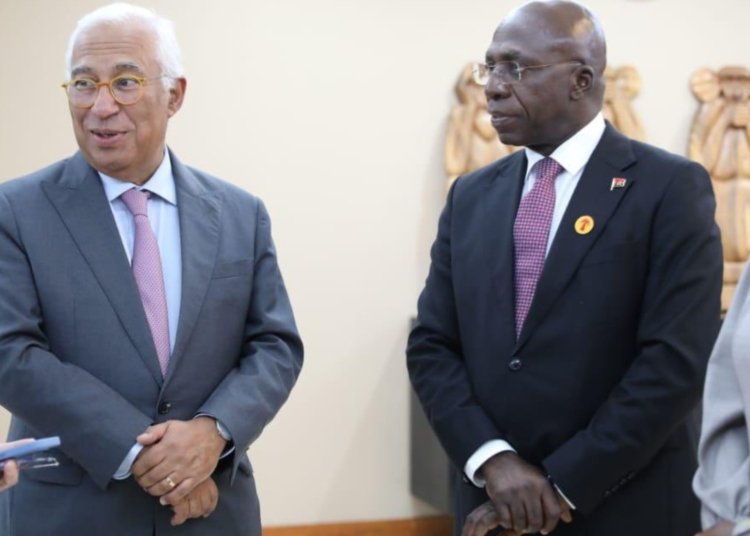Leaders from the African Union and the European Union are meeting in Luanda, Angola, for the seventh EU-AU summit under the theme “Promoting peace and prosperity through effective multilateralism.”
The summit, taking place Nov. 24-25, addresses key areas of cooperation including climate change, trade, migration, the digital economy and access to critical raw materials.
Side events featuring youth and business leaders are focusing on green transitions, health and infrastructure, further supporting the summit’s objectives.
“Today in Luanda, we celebrate the spirit of Cairo and take our unique partnership to the next level,” European Commission President Ursula von der Leyen posted on social media on Monday.
This year’s gathering marks 25 years since the first Africa-EU Summit, held in Cairo in April 2000.
That meeting launched a new dimension of cooperation based on common values, mutual respect and a commitment to long-term partnership.
Subsequent summits have built on that foundation. The 2007 Lisbon Summit led to the adoption of the Joint Africa-EU Strategy and the creation of institutional frameworks for action.
In 2010, leaders gathered in Tripoli under the theme “Connecting EU and Africa” and adopted the Tripoli Declaration, reinforcing cooperation in areas such as peace, security and sustainable development.
The European Union remains Africa’s largest trading partner and main destination for its exports.
More than 90 percent of African exports enter the EU market free of import duties under preferential trade agreements covering 19 African countries.
The EU is also Africa’s top source of foreign direct investment, with stocks totaling €238.9 billion in 2023.
Through the Global Gateway Africa-Europe investment package, worth €150 billion, the EU is supporting efforts in green and digital transitions, sustainable growth, job creation and improved health and education systems.
